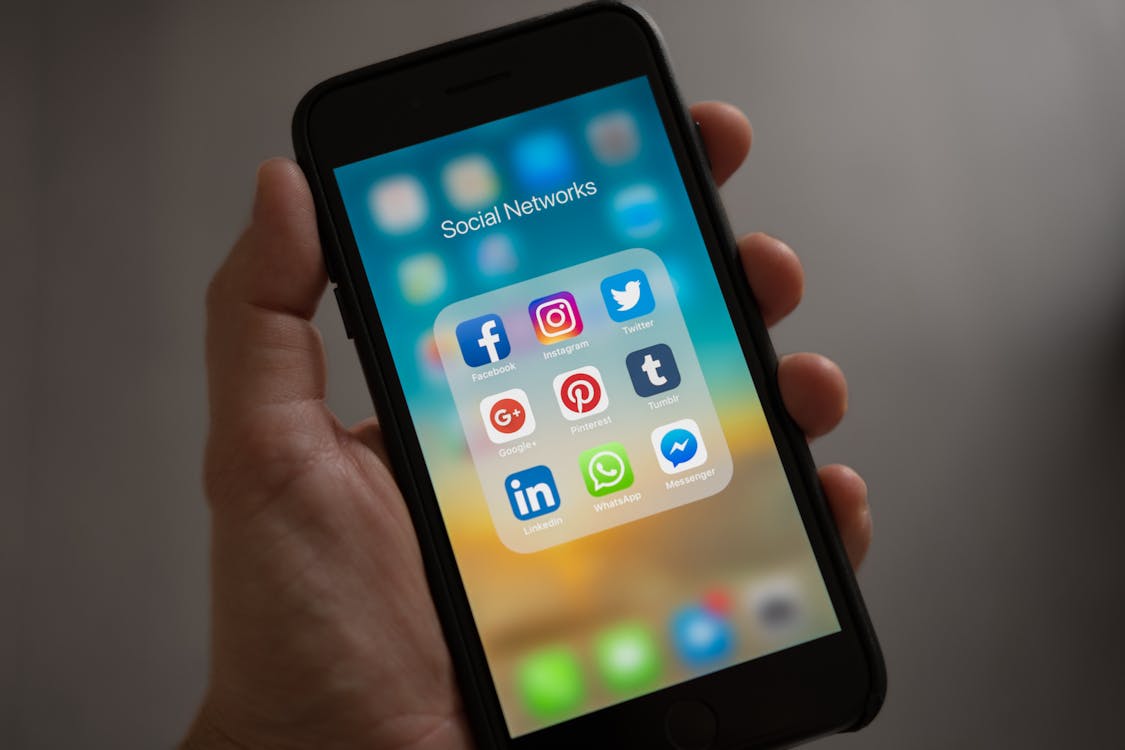We are delighted to share with you our library of resources. You can use the filter feature below to find topics most relevant to your curriculum.
Want to organise the resources you use most in one place? Register as a user to add content to your own Boards.
Issues: Social Media
What would Jesus tweet?
 Thanks to the internet, everybody has a voice and everybody can make it heard. There are few people under 50 who are not part of at least one social network.
Thanks to the internet, everybody has a voice and everybody can make it heard. There are few people under 50 who are not part of at least one social network.
The way people make and keep relationships has changed. In the 21st century; we are truly living in a virtual reality. However, there is an increasing focus on the way social networking sites are used. High-profile cases of racism, sexism, and other forms of abuse have resulted in many people calling for tighter regulations. Some people in power have even called for the public to boycott certain sites as a form of moral protest.
Although written 2000+ years ago, does the Bible have any guidance for life online? Would Jesus approve of the internet?
1. The internet reveals who you are It's worth saying that the internet itself is neither good nor bad. It is how people use it that determines whether it is a force for good or bad. Jesus taught that:
'A good man brings good things out of the good stored up in his heart, and an evil man brings evil things out of the evil stored up in his heart. For the mouth speaks what the heart is full of.' (Luke 6:45)
The internet provides an opportunity to pass on a message to friends, strangers, and the world. It is a means of helping people, offering advice and support, creating a revolution against an unjust system, and raising awareness of issues. But the anonymity that the internet provides can be abused and people can say terrible things with no consequence to themselves. What does our internet use say about us, our values and our character?
 2. Be careful what you say The Bible has a lot to say about what you do with your voice. The Book of James contains a lot of wisdom about the power of words:
2. Be careful what you say The Bible has a lot to say about what you do with your voice. The Book of James contains a lot of wisdom about the power of words:
'The tongue is a small part of the body, but it makes great boasts. Consider what a great forest is set on fire by a small spark.' ( James 3:5)
Writing something on the internet is in many respects like talking, but with a few key differences.
First, more people will hear you. So a comment on your friend's wall is not seen just by them, but by all their (hundreds of) friends too. Second, there is a more permanent record of it. Third, it is easier for people to misunderstand what is said because you're not there in person. Gossip can spread quicker, and things said via the internet can do arguably more damage than a conversation between people. How much do we think about what we write, before we write?
3. Use it to bless others One of the key messages Jesus taught was love. His ethic on relating to others is summed up in the Golden Rule:
"So in everything, do to others what you would have them do to you, for this sums up the Law and the Prophets." (Matthew 7:12)
What would certain social networking sites look like if people used them exclusively to encourage others, rather than take people down? Before posting anything, we could do better than to ask if we would like somebody to write it to us!
Equally, the internet invites us to love without limits. It's never been easier to be part of a global community. The 'neighbour' that Jesus asks people to love is not just the person next door, but the person on the other side of the world.
Whether it's giving online, finding out more about issues, signing online petitions, the opportunity to get involved and stand in solidarity with global neighbours has never been more open.
